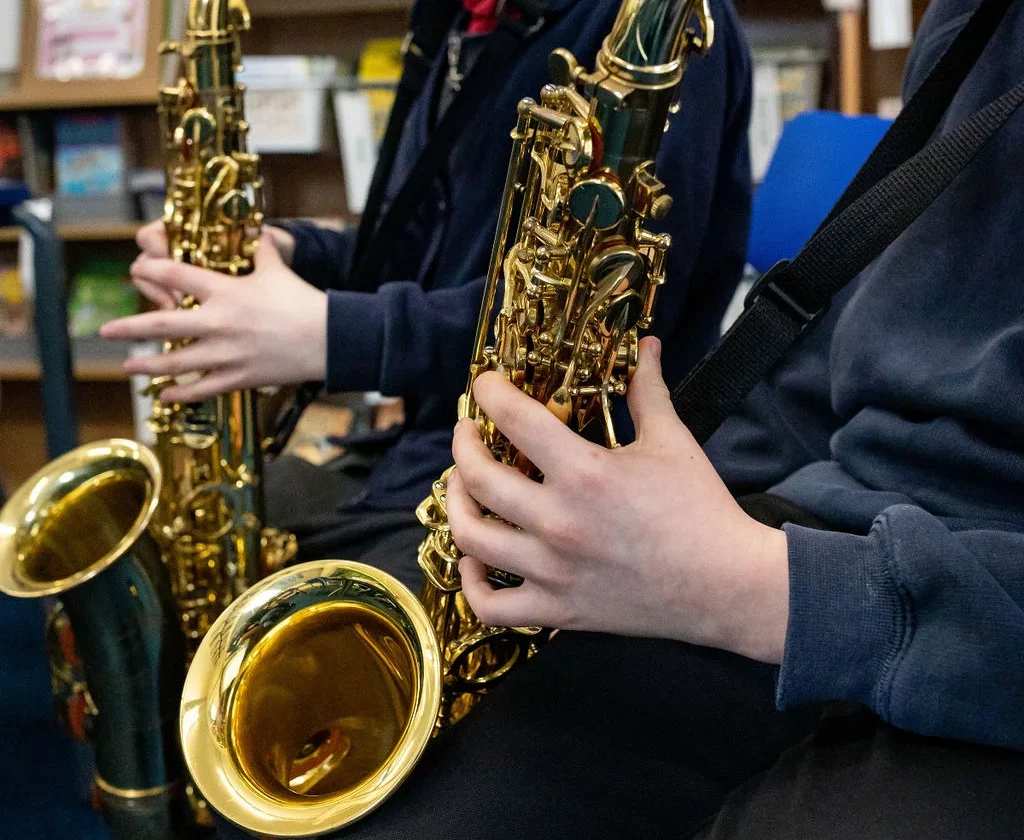Hunton & Arrathorne Community Primary School is a musical school; pupils love music and are successful at it. As well as the curriculum diet, pupils are exposed to musical events throughout the year including our popular Spring Concert and spectacular end of year musical productions. Pupils come together weekly for a singing assembly, take part in regular musical productions and have the opportunity to learn a musical instrument through our links with the NYCC music service. Many pupils further their interest and study of Music privately and at home.
At our school, children gain a thorough understanding of what music is by playing, listening, composing, analysing and evaluating across a wide variety of styles, traditions, genres and historical periods. We are committed to ensuring children are exposed to all types of music and making our curriculum spark interest in the subject, which the children take with them throughout their life. We are committed to ensuring children have access to a range of musical styles and see music as a form of creative expression.
Children’s exposure to culturally important music is further explored through ‘Music of the Week’ which covers a range of genre, artists and eras.
We strive to ensure our children access and receive an enriched musical experience – part of our H&A ’36 before Y6’ involves children attending a concert, performing on a theatre stage and attending a professional theatre production.
The Music subject leader is Helen Hollocks.
For further information about our Music curriculum, please click on the link below.
